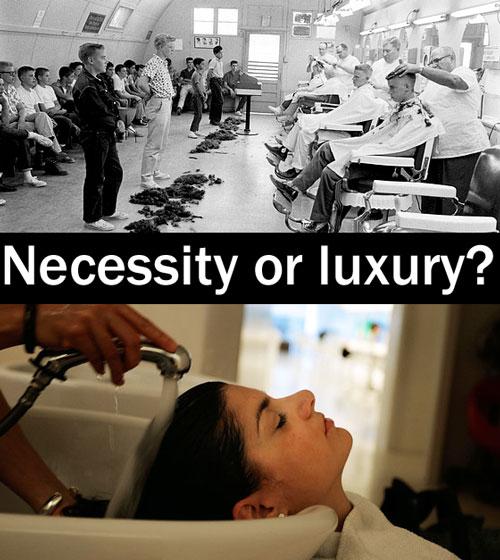This has been the “motto” of Lancaster Farms since I can remember. Here, Charlie explains what he means by it. This is the first “chapter” of the book, “That Ain’t No Deal!”
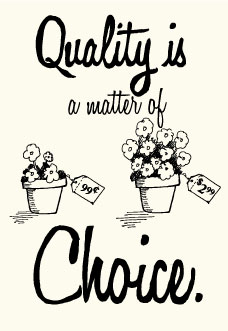 These six words express the heart of my business philosophy. That’s why I made them the motto for Lancaster Farms, the business I founded in 1969.
These six words express the heart of my business philosophy. That’s why I made them the motto for Lancaster Farms, the business I founded in 1969.
I don’t like being average, so early on I decided I wouldn’t make lousy products. I wanted to grow the very best shrubs, trees and flowers, and I wanted to sell them to customers who valued and appreciated the difference between a wimpy plant likely to fail and a superior plant ready to thrive.
Back when I started, that was a pretty radical idea. The name of the game in the plant business was to grow your crops as cheaply as possible. It seemed our customers—independent garden centers and landscapers—only cared about price. Agricultural products, such as corn and cotton, naturally tend to become commodities, right?
Well, I’ve bucked conventional wisdom all my life, and I say, “Quality is never a commodity.” It’s also no accident, because true quality isn’t hit-or-miss. Consistent results come from making deliberate decisions. You have to choose quality every day, in every process.
You don’t define what quality means; only the customer can do that. Quality isn’t just being better, it is being better in ways that are meaningful. In my business, that means not just having a larger, healthier plant, but having a plant that will make more money for the customer.
Landscapers lose money when their design plans call for them to install twelve shrubs but one isn’t the same shape or height as the other eleven. Garden centers lose money when the plants on their shelves wither and look unhealthy within a few weeks. And everyone in the whole supply chain loses when plants die in the homeowner’s yard.
“Roots” vs. “shiny” quality
The truest measure of quality is often hard to see, especially to those who aren’t experts or who don’t take the time to examine what they’re buying. In the plant business, we have annual trade shows where growers display selections of their plants and buyers walk around and hopefully place orders for the coming season. To make their plants look their very best at trade shows, many growers spray their plants with a glossy coating. It makes the leaves seem brighter, more vibrant. The green just kind of “pops.”
I have never done this. It’s so fake. This is a “shiny” quality. It misleads. It’s just for show. It adds no real value to the product.
At Lancaster Farms, we focus instead on “roots” quality. We invest more time and effort into developing the roots, which are almost never seen, than we do the tops of the plants. It’s easy to grow a great top half of a plant. Just give it a bunch of water and fertilizer. (Then spray on a glossy coating!) But wise gardeners know the unseen root system is what really determines success.
What good are features that don’t make a difference? We could put bushes in gold-plated pots. We could carefully hand-water each flower, but these things are not going to deliver the value the customer is looking for. “Shiny” quality is fake quality.
Do you get what you pay for?
A lot of people probably interpret our motto, “Quality Is a Matter of Choice,” as being synonymous with, “You get what you pay for.” I don’t see it that way, because I can recall times when I’ve paid a whole heck of a lot for crummy products.
Several years ago, my wife Maggie bought a new washer and dryer. She wanted the best. These babies were made in Sweden and they cost three times what the GE and Kenmore models did. Why? Because they used less water, were more energy efficient and they sported a cool European design. Wow! We were sold.
The only problem was, their capacity was so tiny you had to do three times the number of loads, the washer sounded like a plane taking off and the dryer took three hours to dry a load. Sometimes you pay extra for “shiny” quality, but you seldom choose it a second time.
“Quality Is a Matter of Choice” wasn’t just a promotional jingle for me. It told everyone in our company, “We control, by the decisions we make every single day, how good our product will be, and thereby what level of success we will enjoy.” These are words to live by!






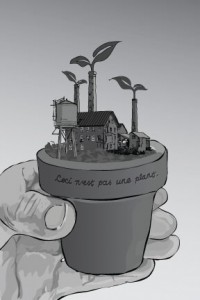
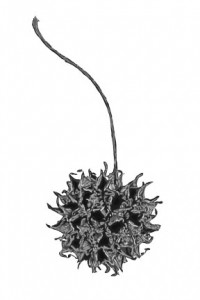

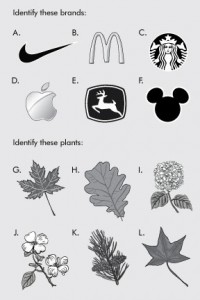


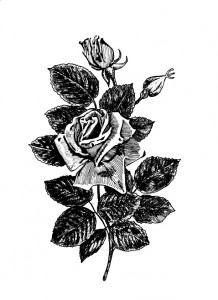
 These six words express the heart of my business philosophy. That’s why I made them the motto for Lancaster Farms, the business I founded in 1969.
These six words express the heart of my business philosophy. That’s why I made them the motto for Lancaster Farms, the business I founded in 1969.